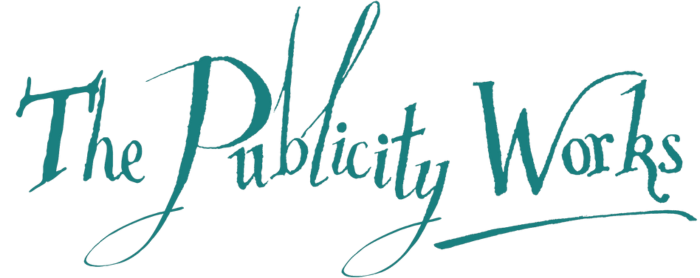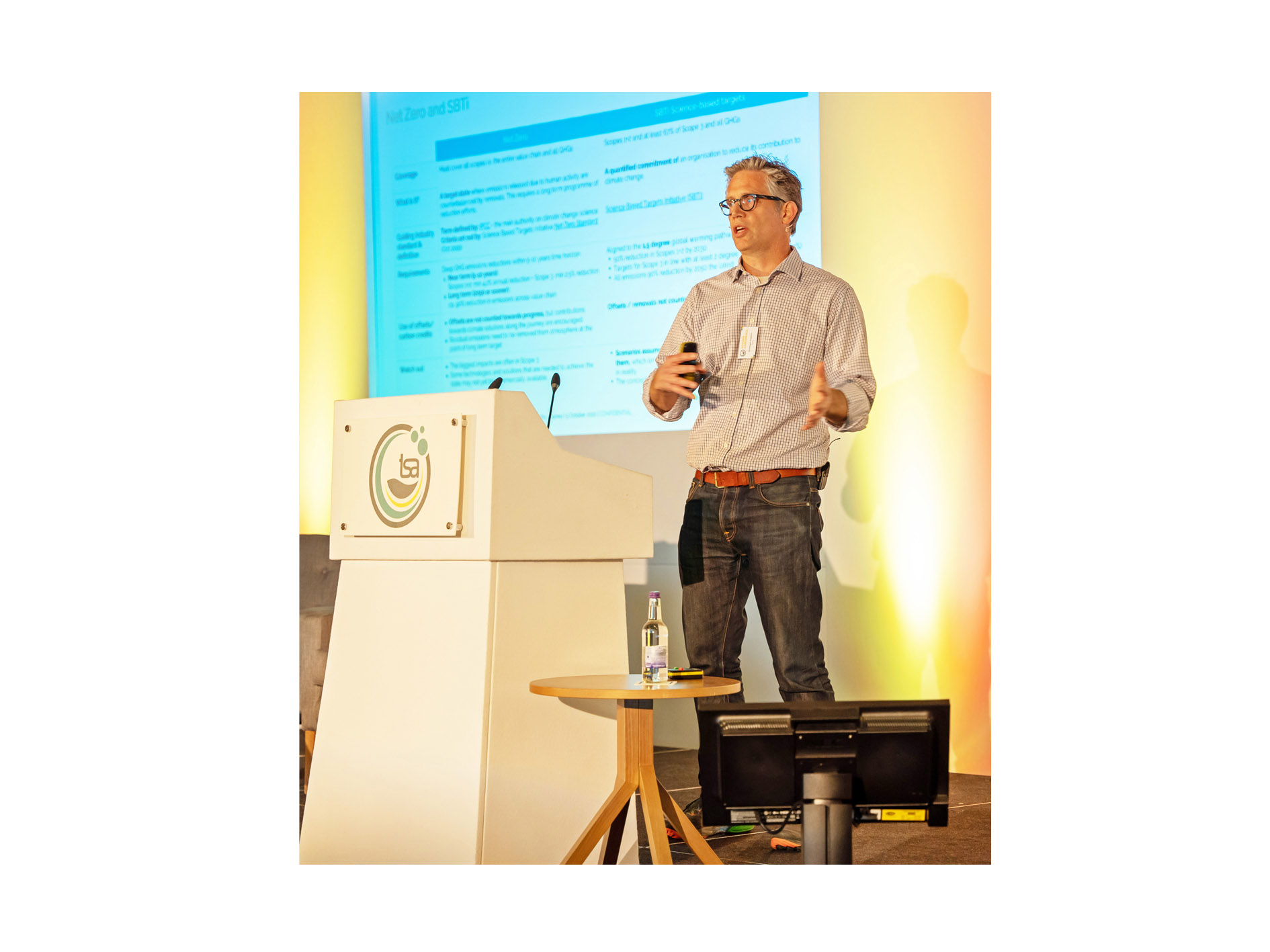TSA Autumn conference hears latest updates on the progress of vital project
The Textile Services Association’s (TSA) autumn conference saw Christoph Geppert from Grain Sustainability give a presentation updating members on the progress of the TSA’s ongoing sustainability roadmap project.
Grain is a consultancy that is working with the TSA to establish higher standards for the laundry industry for sustainability to ensure it is ready to meet the coming challenges of implementing Net Zero Carbon targets.
In order to achieve this, Grain and the TSA are undertaking extensive research, interviewing stakeholders throughout the industry as well as scientists and suppliers. Christoph’s presentation examined some of the responses to the interviews, which give a snapshot of the state of the industry’s attitudes to sustainability and the concerns surrounding it.
Two of the biggest issues currently facing the industry are staffing shortages and the ongoing impacts of Brexit and the pandemic. Christoph summarised from the interviews, “We are still in recovery, sustainability can easily get put on the back burner unless we are intentional about it.” Without downplaying the difficulties the industry is currently facing, he confirmed the importance of looking for ways to improve long term sustainability whilst, at the same time, securing the survival of businesses, and how these aims can complement each other.
The importance of improving the working environment for staff was also examined, and Christoph stressed the importance of including factors like wellbeing, diversity and inclusion as part of any sustainability roadmap. “The work environment has to be a place where people want to be,” he said.
Christoph then outlined the next step in the process, which will be to gather accurate data on the extent of emissions produced by the textile services industry as well as throughout its supply chain. Customers have started to ask for this, so ensuring that the processes are in place to have these insights is very important.
In order to help with this, the TSA and Grain are creating guides on how to record this data accurately. This will help to identify areas with the greatest potential to reduce emissions. Christoph pointed out that the laundry industry has some inherent advantages that allow it to be a leader in sustainability. “Progress is already being made,” he said. “Some laundries have stopped using single use plastics for linen, for example. This is just one of the ways that being an inherently circular industry can help, as it allows you to rethink processes all along the supply chain and find more efficient ways of doing things.”
Once the assessment stage is complete, Grain and the TSA will begin to develop an overarching strategy for creating goals, targets and KPIs to clearly structure the Net Zero implementation process,
Christoph was optimistic that the industry would be able to achieve its goals. “This is a big opportunity to help a range of industries, not just laundry but textiles as a whole, as well as hospitality and other sectors that rely on them. We will be able to pool knowledge and build a proactive strategy that will work to protect businesses and the environment for future generations.
“Much of the laundry industry is already making very positive moves to reduce its energy consumption and emissions,” he said. “The good news is that laundries simply need to do more of what they are already doing!”

